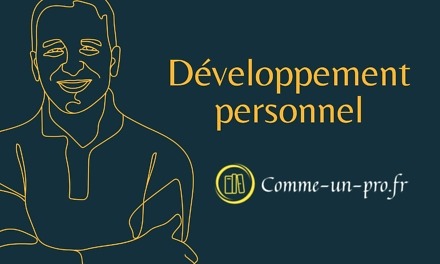Whether in your professional or private life, you often have to make choices.
While some are more important than others, knowing how to make the right decision can not be improvised.
When it comes to making choices, two methods are opposed, that of the two columns advantages and disadvantages and the other consisting in following one's instinct.
To help you make the right decisions, here are two methods and some tips.
Method # 1: Advantages and disadvantages columns
This is a method that many people use to make choices. It can be effective because it allows you to clearly state what you win and you lose to make that decision. Words are put, it's a way of giving meaning to decision-making.
However, this method requires time and a real reflection on the choice.
It may not work all the time, only disrupting you further.
Method # 2: Rely on Instinct
It is often said that the first choice you make is often the right one.
And what prompted us to make that choice is simply our instinct. It's a totally different view of decision-making.
Here is an example: you have to go to point A, you choose a route, often without really thinking about it.
A person who relies on his instincts will never question his choice.
Even if an accident happened on this trip, she will tell you that it's destiny.
To trust one's instinct is also to trust oneself and to tell oneself that the choices one makes are right and good for us.
Studies show that intuitive decisions are often the best, especially when they are related to a controlled area or in a dangerous situation.
My tips for making the right decisions:
Tip # 1: know how to listen to each other
Your emotions can help you make the right decisions. Indeed, emotions act as an alarm that gives you key information about the situation.
They are a very good indicator, you are excited and happy or on the contrary sad and nostalgic, know how to listen to your emotions.
Tip # 2: Keep only the information you need
Driven by a flood of information, you will not be able to make the right decisions.
It will be difficult to distinguish what is important and what is not.
So keep in mind what really matters and focus on what's important.
Tip # 3: knowing how to pause
Staying frozen on a decision to take for hours is useless.
So, stop thinking and get out.
This will help you to see more clearly, you will relax, it is certainly at that moment that the right decision will appear.


